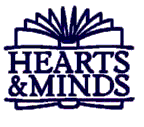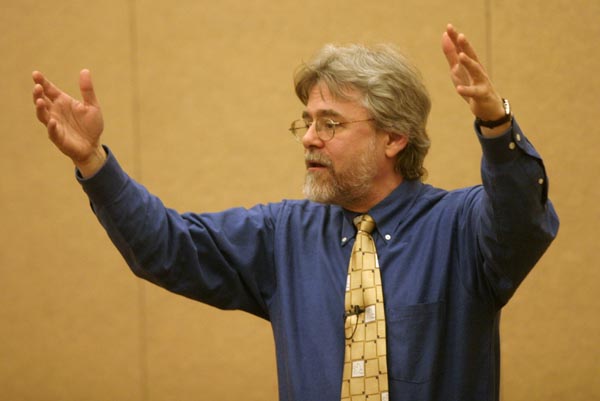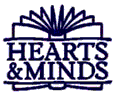Misadventures in the Middle East, A Thousand Splendid Suns, and a free copy of The Only Road North

Last week Beth and both read books about the conflicted Persian/Arab Middle Eastern world, books that brought great emotion and wonder to us both. Her choice was the more literary and important one, I suppose: A Thousand Splendid Suns (Riverhead; $25.95), the new novel by Khaled Hosseini, the famous Afghani author of The Kite Runner. This is a harrowing tale of great tragedy, of poverty and war, the repression of the Taliban, the oppression of women, the tenacity of friendships and a touching glimmer of redemption. She was, as we say, deeply moved by it, and I got choked up at one point in her describing it to me. The Kite Runner has been a much talked-about book, of course (it was our local choice for the "One Book One Community" read in York County last year.) This one is even more tragic and rich. For those who can take the heavy stuff (think, uh, the new Cormac McCarthy) this would be a very good choice. Beth has been haunted by it, as have most critics, who have raved. Publisher's Weekly called the writing "lyrical" and of course gave it a starred review.

Mine, though, was a heck of a lot more fun, and yet also disturbing in small ways, a book that I can't quite thinking about. It was a fairly well-written book (not brillant) by some British art-school guys who, upon graduating, make a decision to take off to the broad Middle East, knowing not so much about that region, hoping to paint what they see, express their take on things, sell some work in some high-brow gallery showings along the way, and learn how artists in other cultures work. Part road trip, part travelogue, part artist memoir, part political study, Misadventure in the Middle East: Travels as Tramp, Artist and Spy by Henry Hemming (Nicholas Brealey; $19.95) was hard to put down. As Henry and his pal (and their truck named Yasmine) made their way into Turkey, into Kurdish Iran, to contacts in the art world of Lebanon, Baghdad, Saudia Arabia and Jordan, they are variously considered terrorists or spys or national cultural heros; they are detained at borders and housed with princes. They end up in Israel, detained again, with a patriotic picture above them, laden with irony as they had earlier been hosted by one of the Kings (of Jordon) in the official photograph. As they are released into a hostel which they couldn't afford, the book ends, sooner than I would have wished. Not a bad sign, wanting more.
Post 9-11 Middle East has never been portrayed so earnestly and, I would guess, never quite so humorously. Using art as their passport, as it says on the back cover, they traveled "from the drug-fuelled ski slopes of Iran via the region's mosques, palaces, army barracks, secret beaches, police cells, nightclubs, torture chambers, brothels and artists' studios" all on the way to Baghdad (where they have heard there is a growing and important artistic renessaince. If they can only find it.) Finding hipster artists in a war zone isn't the safest thing to do.
I am positive that this will bring good hours of reading pleasure for anyone who is interested in this sort of crazy adventure journey. It is also helpful to enter into the world of art production (the two buds argue relentlessly about their styles of doing work, the meanings of their projects, fretting how their work will be received and reviewed, and the plausibility of producing enough paintings to actually sell, make some money, and continue on their year-long aesthetic escapade. Sound familiar?)
And, it is a helpful glimpse into these Brits and their take on the take of so many common people they met along the way. The invasion of Iraq and the toppling of Saddam's empire happens while there are there, and their increasing love for the region and its people(s) gives them an open-hearted vantage point to hear the anguish of Arab and Middle Eastern folk, Muslim and Christians and others. The differences and similiarities of persective--on religion, on women, on art, on politics, on Americans, on war---that they encounter is itself illuminating. Misadventure... was a very good book to enjoy, and fascinating journey. Some of Mr. Hemming's artwork can be seen here. An art book showing images and artwork of the journey was published as Off Screen.
FREE BOOK
and we will send you another great road memoir
absolutely free

What a journey of three friends--joined by a fourth later--who are doing relief work, firstly in Morocco, and then, starting in Capetown, motorcyle their way throughout Africa. They face everything from wild animals to terrorist bombs, Christian mission projects and hostile civil warriors. To call them intrepid is saying the least as they struggle to make their way through this magnificent and troubled land. A thrilling spiritual journey filled with qualms and doubts and enough authentic epiphanies to last a lifetime will make a great compliment your pick of either of the other two described in BookNote above. Email us, hit the order form at the website, or give us a call at 717.246.3333. Tell us you want the blog special deal with the free book.













